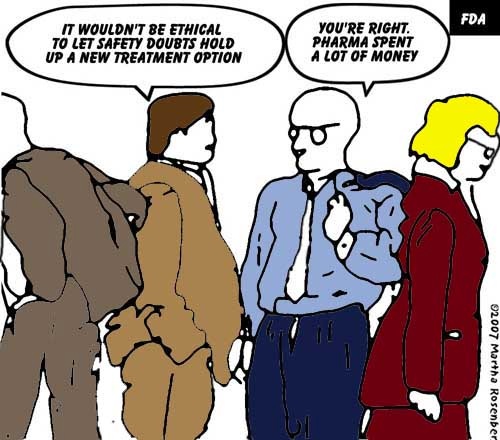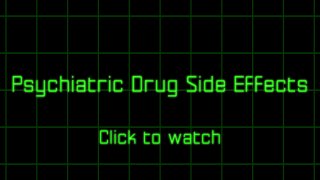
Drug firms paid ‘independent’ experts
Doctors working in state hospitals and community mental health centers began switching patients to the atypical antipsychotics because they were deemed the best treatment by an expert panel convened by the Texas Department of Mental Health and Mental Retardation.
But a detailed examination of public records documents on file in a whistleblower lawsuit that has been joined by the Texas Attorney General’s Office allege that the experts hired to evaluate the drugs and make recommendations for their usage were also accepting hundreds of thousands of dollars in payments from the companies developing and marketing the medications.
It started in the middle 1990s when MHMR contracted with University of Texas and some of its professors to evaluate the medications and develop a set of treatment guidelines.
The program was named the Texas Medication Algorithm Project, or TMAP. The result was step-by-step guidelines for treating major depression, bipolar disorder, schizophrenia, attention-deficit hyperactivity disorder.



